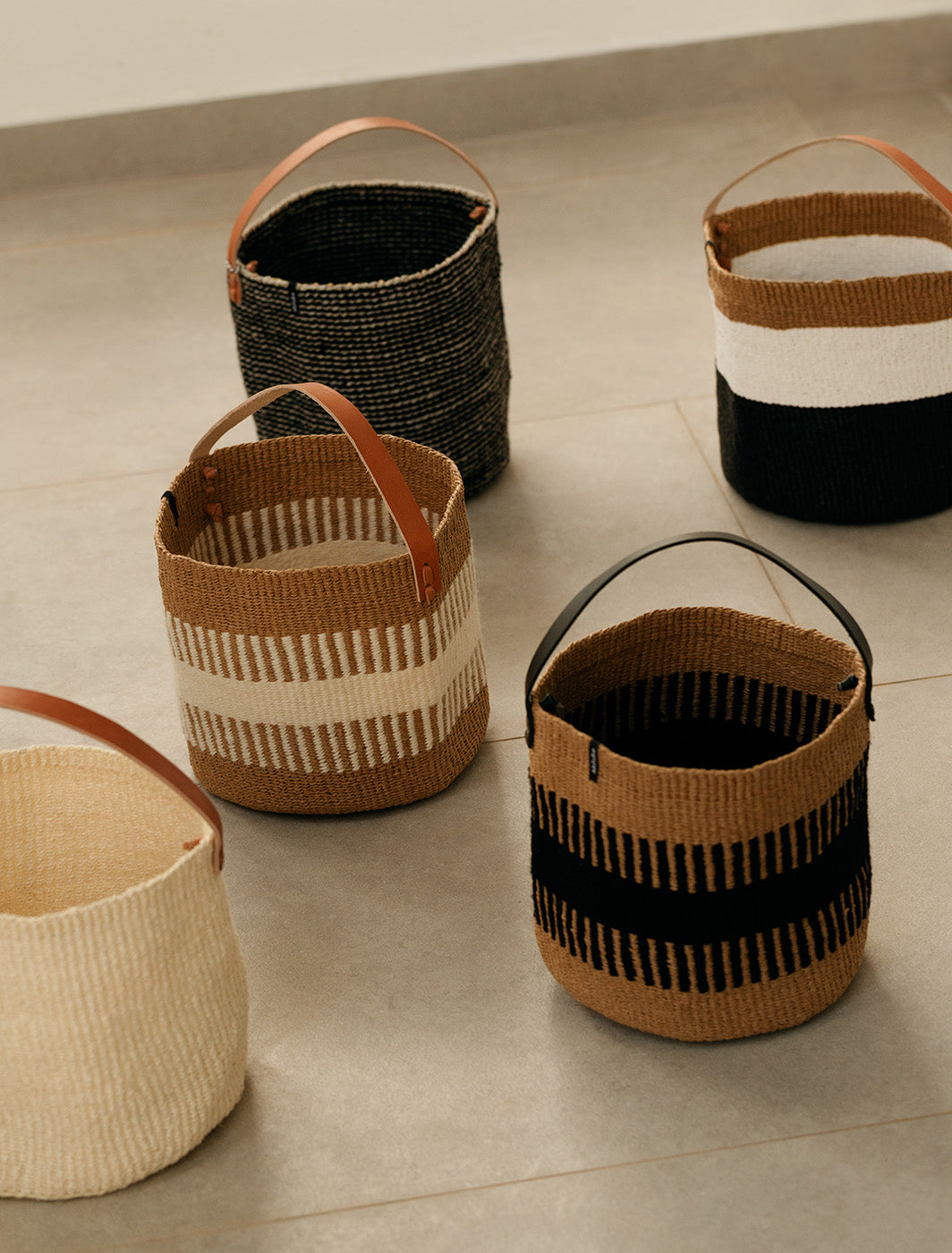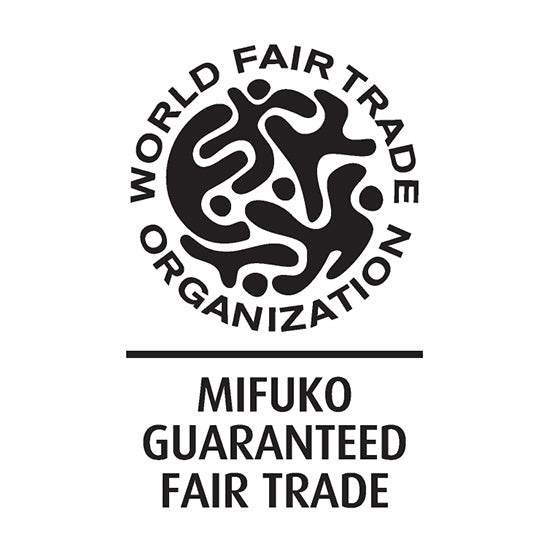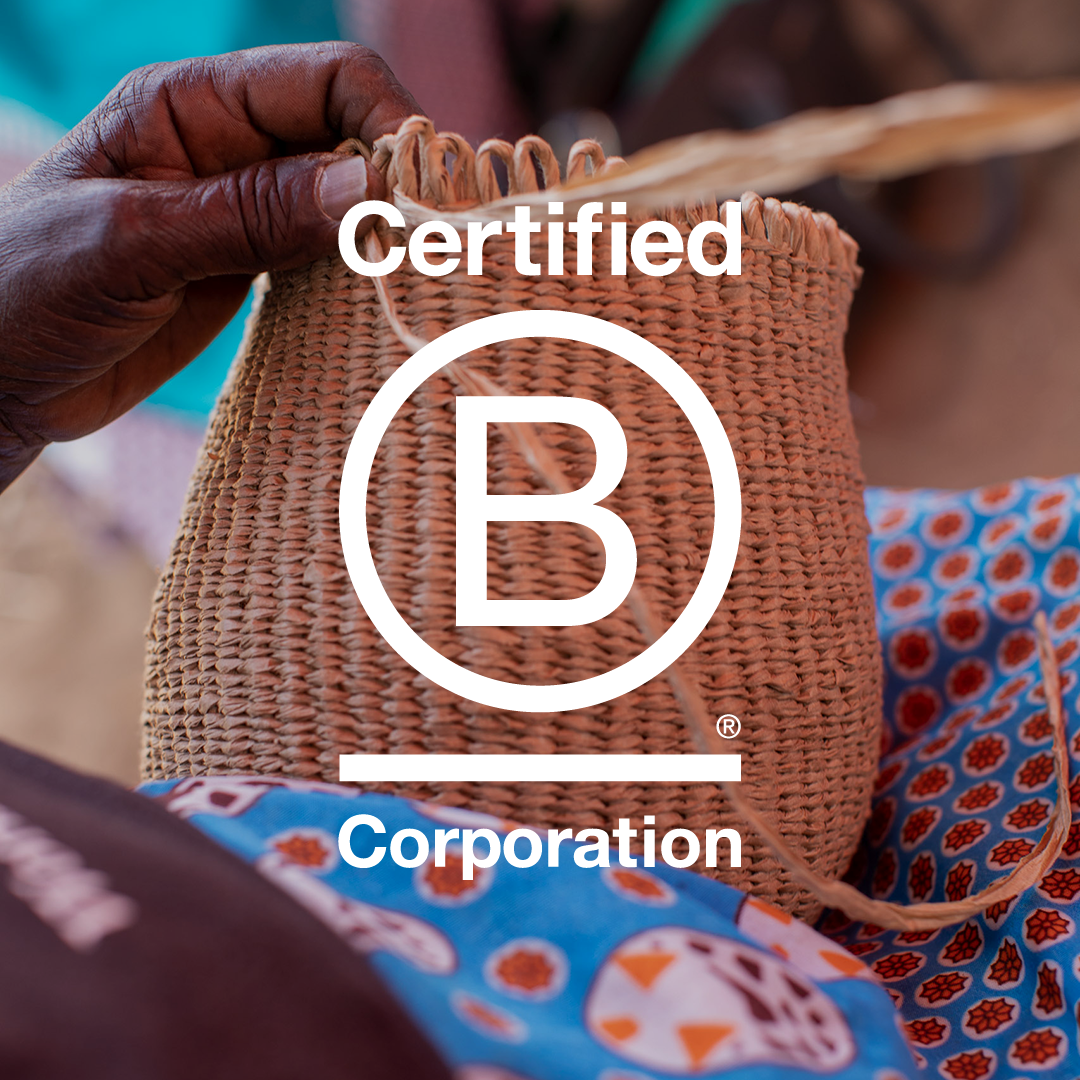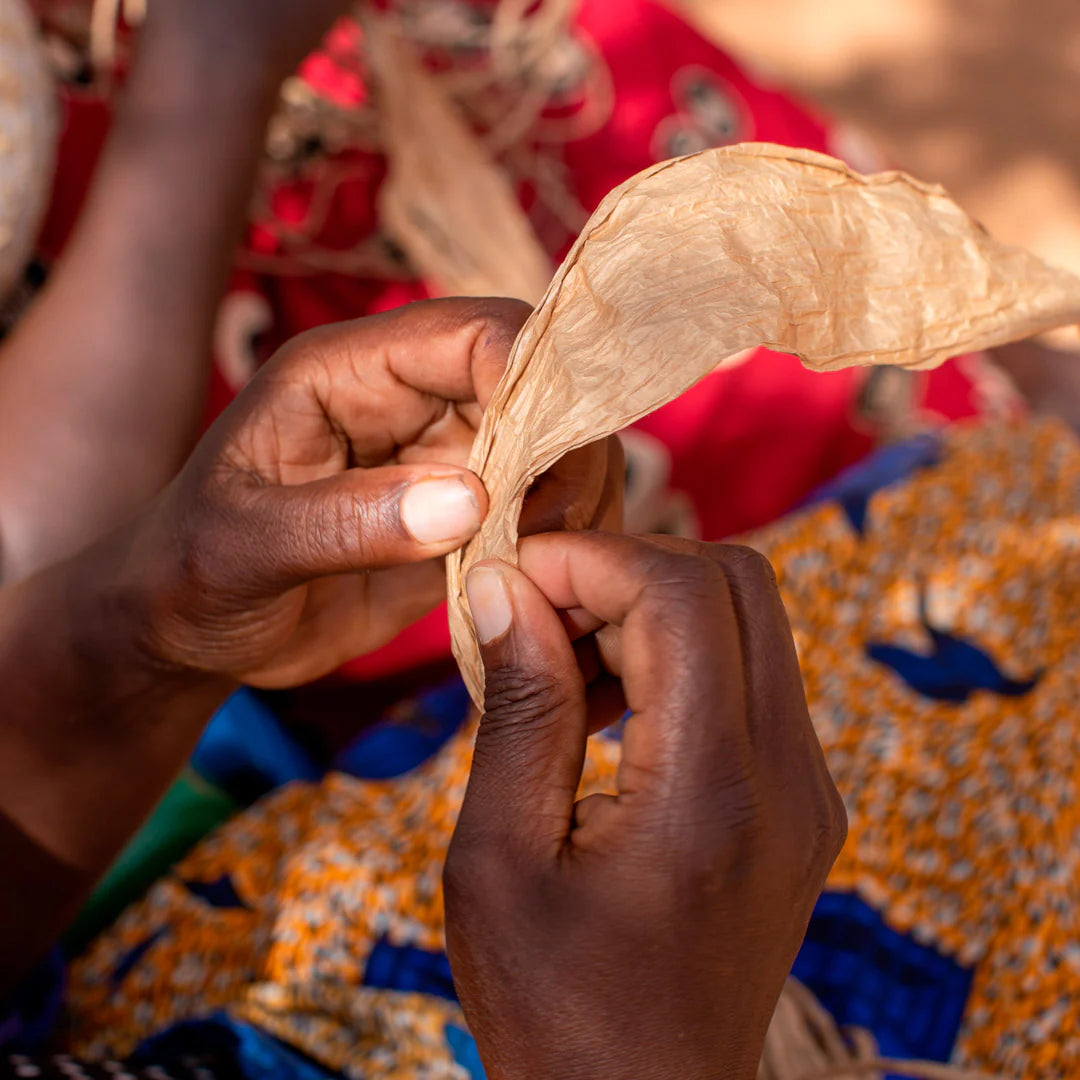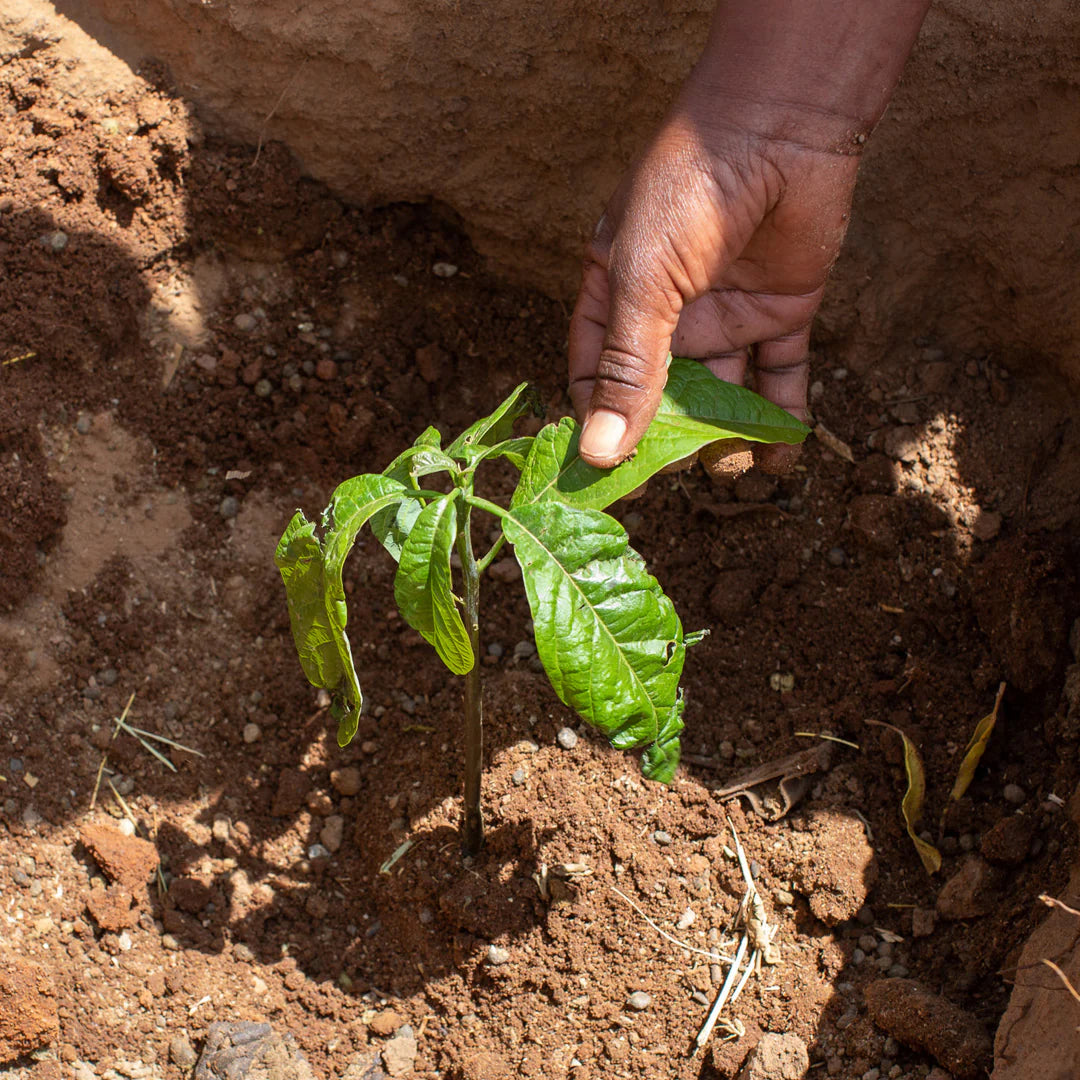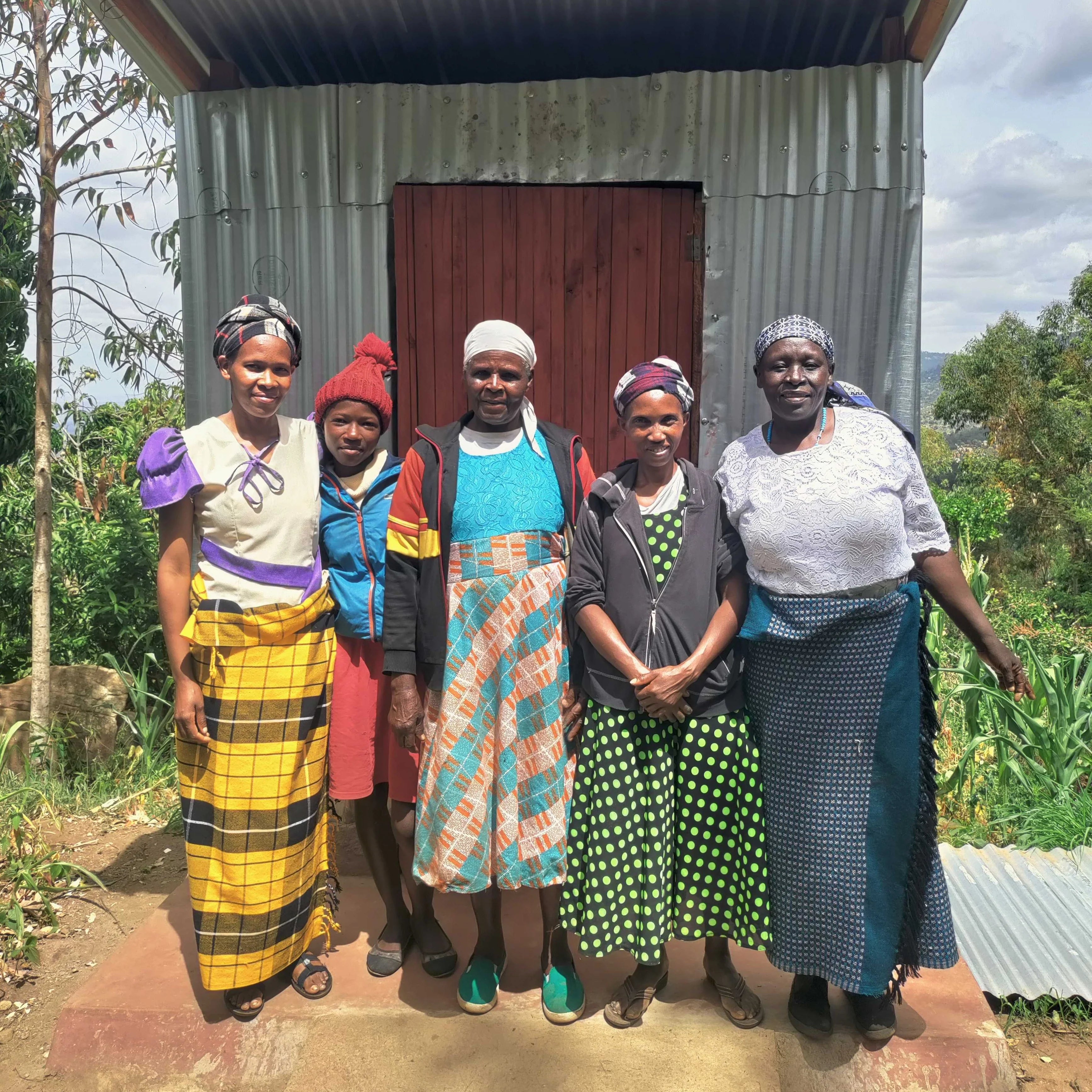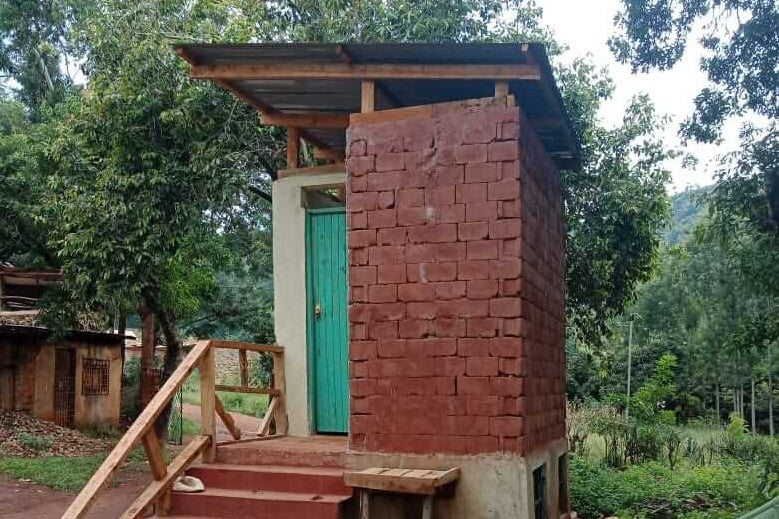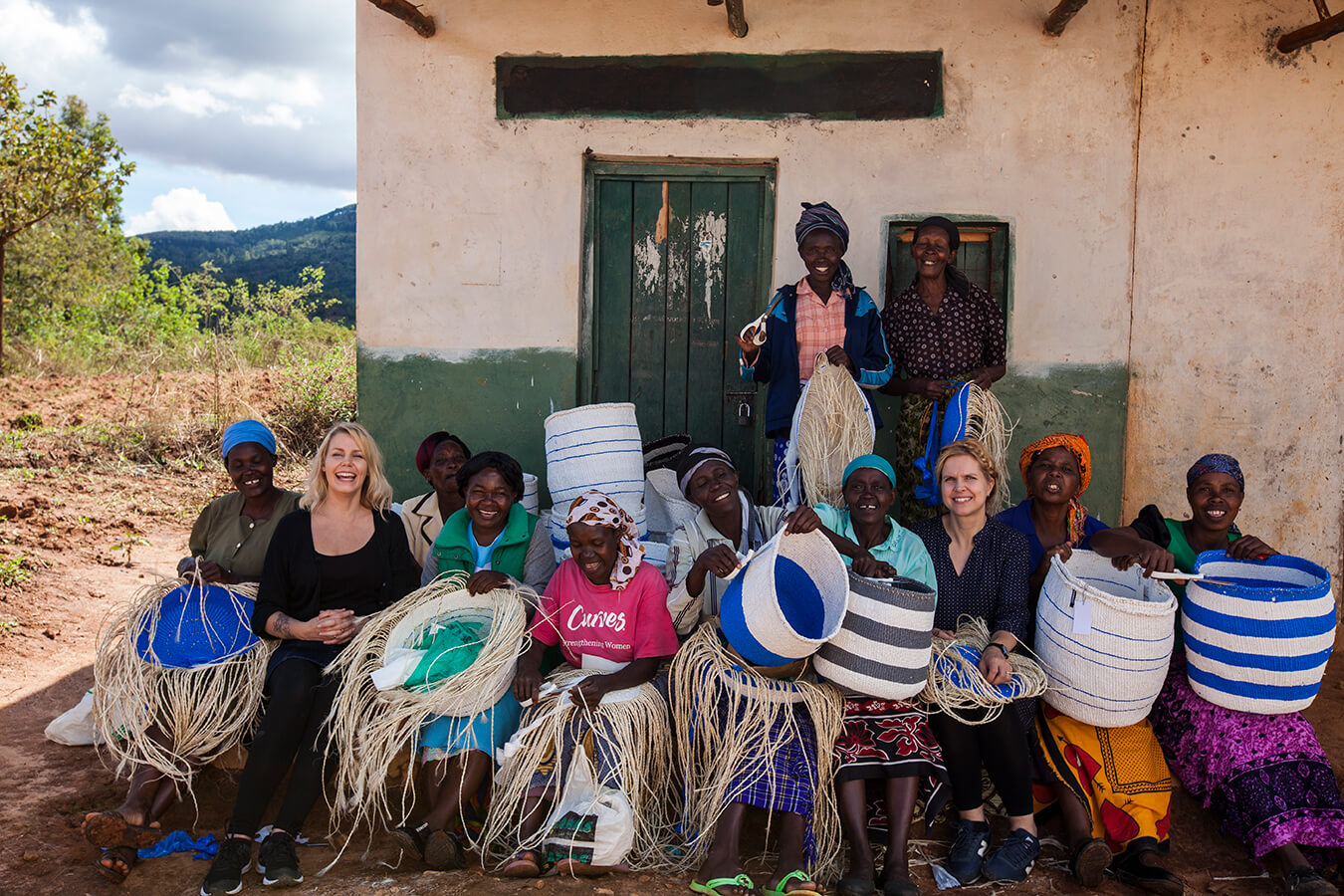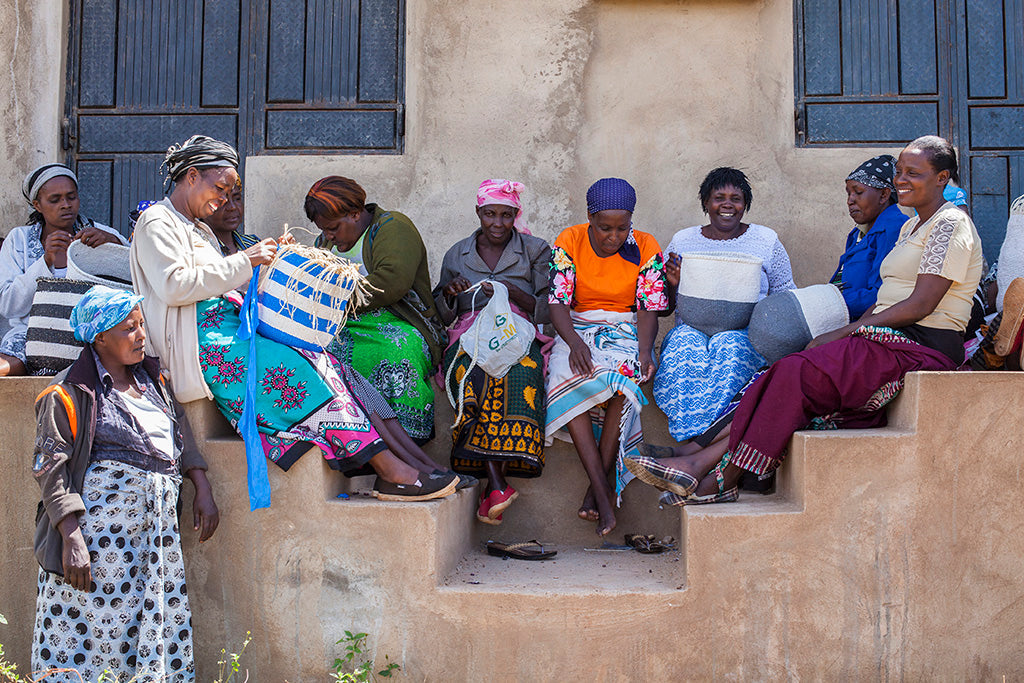Mifuko Trust has built dry toilets as a pilot project for two active members of self-help groups that cooperate with Mifuko.
Project coordinator Peter Maundu visited both members, Jane Mutala and Susan Katumo, at the start of the Wash and and Grow! project. As the chairperson of one of the groups, Jane’s household serves as a venue for women’s self-help group meetings. Susan Katumo’s toilet is located near Jane’s so the women can easily access hers during their meetings.
Jane and Susan answered the following questions related to their experience so far:
1. Has the toilet been useful in your everyday life?
The dry toilet has been useful to me and my family as it’s comfortable, sanitary and there is a bathing and hand washing facility with needed privacy.
2. What are the disadvantages and advantages of the toilet?
The toilet is easy to clean and it doesn’t smell. There are no flies or other factors that can cause illness or disease. In addition, the toilet has enabled me to compost urine and faecal matter which serve as cheap organic fertilizer for agricultural activities.
The only challenge with this model of toilets is the size of the composting chamber, especially for large families as it fills up more frequently than the one year recommended retention period.
3. Can you recommend the toilet for others?
Yes. Dry toilets are useful. I have been encouraging my group members to embrace the technology of dry toilets. Instead of having to dig another toilet as is the case with pit latrines, you just need to empty this one.
The Wash and Grow! project team is already looking for solutions for a larger chamber size before starting to build the additional 24 model toilets planned for the project.
The community members also raised the concern of accessibility of dry toilets for people with physical disabilities. The Global Dry Toilet Association of Finland (GDTF), is co-operating in Zambia with the Finnish Disability Partnership to improve the accessibility of dry toilets. This work has potential for use in Kenya as well. At the very least, toilets should be accessible in public places and for families with members with disabilities, according to project manager Sari Huuhtanen from GDTF.


